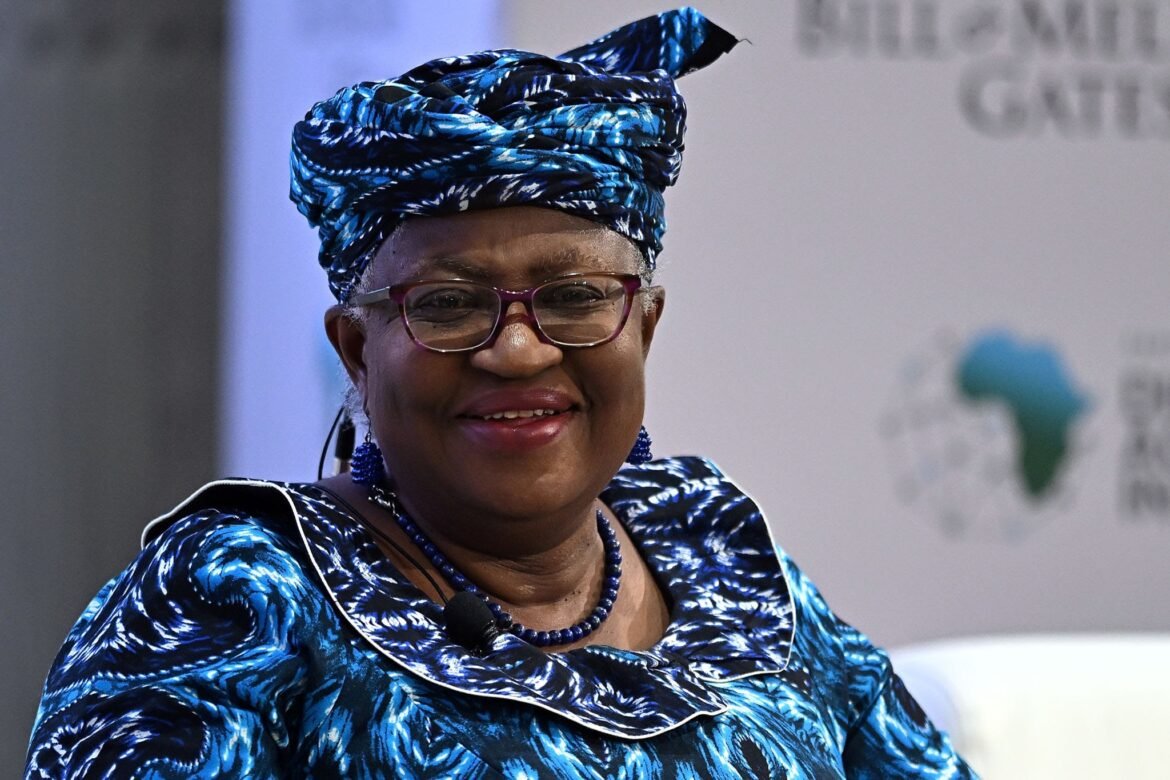Dr Ngozi Okonjo-Iweala made history in 2021 when she became the first woman and the first African to lead the World Trade Organisation (WTO). Now, at 70, she has been reappointed for a second term. The WTO ensures that goods, services, and ideas flow freely and fairly across borders.
When Okonjo-Iweala stepped into the role, the organisation was struggling. Trade wars, economic inequalities, and the COVID-19 pandemic have exposed cracks in its foundation. Many wondered if the WTO could still fulfil its mission, but Okonjo-Iweala, with decades of experience in economics and international development, successfully reformed and revitalised the WTO.
Okonjo-Iweala, the multifaceted achiever
Before becoming the Director-General of the WTO, Ngozi Okonjo-Iweala had built a career filled with achievements. She is an economist and development expert who has worked at the highest levels of government and international organisations.
She served as Nigeria’s Finance Minister twice, from 2003 to 2006 and 2011 to 2015. She spearheaded reforms that helped improve the country’s financial management and reduced its debt burden during her tenure. Her efforts led Nigeria to successfully negotiate a massive debt relief deal, wiping out $18 billion of external debt. She also introduced systems that improved transparency and reduced corruption in public finance.
Her international experience is equally impressive. Okonjo-Iweala worked at the World Bank for about 25 years, rising to Managing Director. In this role, she oversaw portfolios in Africa, South Asia, and Europe, focusing on development projects that tackled poverty and boosted economic growth. Her work also extended to global health initiatives, where she chaired the board of Gavi, the Vaccine Alliance’s supreme governing board, helping to deliver life-saving vaccines to millions in developing countries.
These qualities made her the perfect choice to lead the WTO at a time when the global trade system was under immense pressure.
Rebuilding trust and efficiency at the core
One of the most significant issues at the WTO when Okonjo-Iweala stepped in was escalating trade tensions between major economies, particularly the United States and China. Their disputes over tariffs, intellectual property, and market access had disrupted global trade flows and undermined trust in the WTO’s ability to mediate.
Another challenge was the rise of protectionism. Many countries prioritised national industries over international cooperation in response to economic pressures. This trend went against the WTO’s mission to promote open and fair trade, creating fractures in the multilateral system.
Adding to the complexity was the stalled dispute resolution mechanism. The WTO’s Appellate Body, a key component for resolving trade disagreements, has been paralysed since late 2019 due to appointment disagreements. Without a functioning system, member states were without a reliable way to settle trade disputes.
Then there was COVID-19. The pandemic disrupted supply chains, slowed international trade, and deepened inequalities between nations. Developing countries, in particular, struggled to access vaccines and medical supplies, highlighting the need for fairer trade practices.
Okonjo-Iweala’s goal was to rebuild trust in the WTO, address these pressing challenges, and modernise the organisation for a new era of global trade, and she accomplished that.
Since taking office in March 2021, Ngozi Okonjo-Iweala has made impressive strides. Some of these include reforming global trade to be more inclusive and supporting digital trade and e-commerce.
Now reappointed as the President of the WTO for the second term, Ngozi Okonjo-Iweala plans to do much more in international trade than she did in her previous term.



